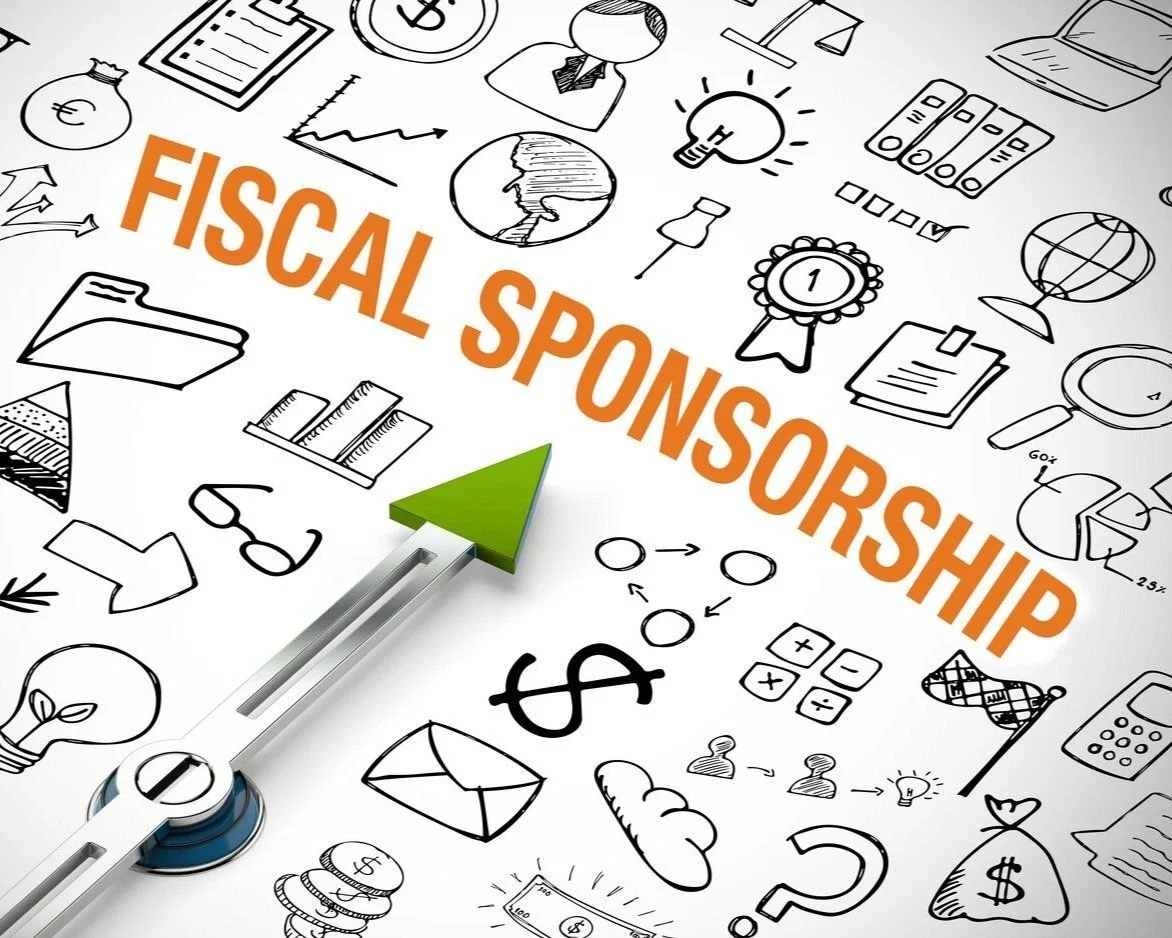FISCAL SPONSORSHIP
One of the privileges of our work is talking to social entrepreneurs at the beginning. An entrepreneur wants to start a new venture to do good in the world. They are looking for counsel on how to get started. Hearing the passion and the raw emotion of a calling on the verge of being realized is inspiring.
As he/she seeks the best path forward, we talk through key questions. Sometimes the best path is a social enterprise; sometimes it's a nonprofit. But there's a third option I often champion that is worthy of special consideration: the fiscal sponsor. Fiscal sponsorship allows an entrepreneur to focus on building the mission-work, the program and activity and not worry about building the business side of a new corporation. Rarely does someone start a nonprofit to develop a new business. Mostly, social entrepreneurs are passionate about doing good and want to get right to that work. Fiscal sponsorship gives them that option.
Here are some basics:
✔️ A Nonprofit Fiscal Sponsor is an existing 501(c)3. They have been granted tax exemption to do mission work that benefits the public. A Program Partner is an entrepreneur or group of people with a desire to create or implement a project, program or activity that contributes to the community in a charitable or educational way. Fiscal sponsorship marries the two parties.
✔️ The Nonprofit Fiscal Sponsor and a Program Partner enter into an agreement. The Nonprofit Fiscal Sponsor has responsibility and authority in accordance with that agreement. The Board of the Nonprofit Fiscal Sponsor governs the Program Partner’s activities. Any coordination of decisions, lines of approval and organizational autonomy of the Program Partner are outlined in the agreement.
✔️ Nonprofit Fiscal Sponsor accepts and processes all donations for Program Partner and gives acknowledgement receipt to all donors, sponsors and grantors. The Program Partner’s revenues and expenses are reported through the accounting system of the Nonprofit Fiscal Sponsor and flow through to the Nonprofit Fiscal Sponsor’s 990. The Program Partner may or may not have a separate checking account. The specific money management and fiscal control policy is detailed in the agreement.
✔️ Employees and volunteers of the Program Partner are subsequently employees or volunteers for the Nonprofit Fiscal Sponsor, giving protection to staff/volunteers through the sponsor’s insurance. Liability and event insurance obligations of both parties should be clearly outlined in the agreement.
✔️ The fiscal sponsorship relationship can be a temporary arrangement or a permanent one.
Fiscal sponsorship requires true partnership and thinking through the details of how all the operations and pieces will work. But in the right circumstance it's a win-win. Need help navigating the best course forward? Reach out and let's have a conversation.
-Mindy Muller, CFRE, President/CEO of CDP
#fiscalsponsorship #nonprofits #501c3 #socialentrepreneurship
#organizations #impact #goodwork #passionproject


